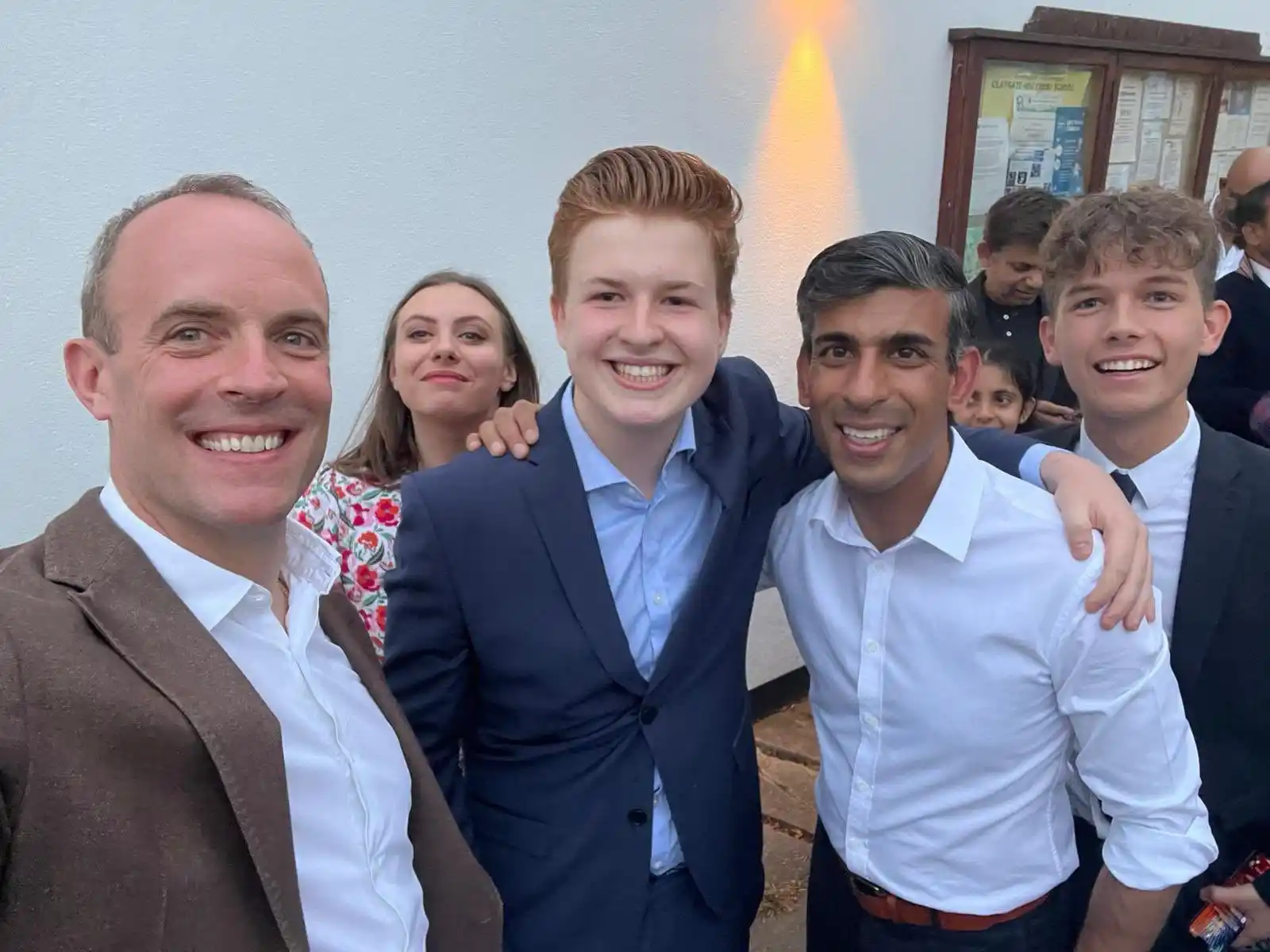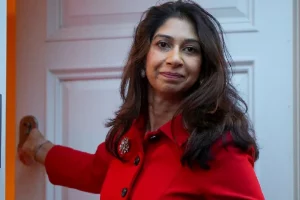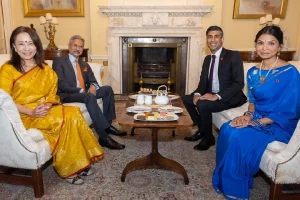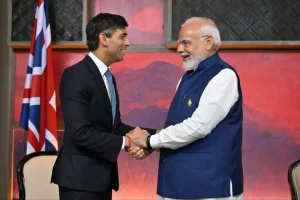On Wednesday, prime ministerial candidate Rishi Sunak said he will crack down on Islamist terrorism which has become a "significant terror threat" for the UK. He added that he will also scrutinise publicly funded charities which could be promoting extremist ideology.
Sunak's roadmap to fight Islamist extremism includes separating extremists from the UK's regular prison population along with measures to widen the scope of extremism.
However, what kind of extremism does the UK face?
There is no more important duty for a prime minister than keeping our country and our people safe.
I will do whatever it takes to fulfil that duty.https://t.co/n6Dkh0SFRq
Sign up: https://t.co/3cXn1rnFNA pic.twitter.com/JQTY1NeOL1
— Rishi Sunak (@RishiSunak) August 3, 2022
Former Indian ambassador to the UN, Manjeev Puri told India Narrative: "The UK has been a victim of terror with blasts taking place in London itself. But I feel Sunak could be referring to Islamic extremism not just in the UK but to the ideology that has seeped into the rest of the world also".
Puri feels that by highlighting the terror threat, Sunak is signalling that the UK has a role globally in tackling terror. "The UK is a member of the UN Security Council (UNSC) and is a player on the international stage. The country has faced problems related to extremism and radicalization from time to time."
In June, Sunni demonstrators protested outside cinema halls over the screening of a film, The Lady of Heaven, about Prophet Muhammed's daughter Lady Fatima. Faced with intimidation, cinema chain Cineworld cancelled all screenings in the UK over the "safety of staff and customers". Sunni mosques called the film blasphemous for depicting Prophet Mohammed.
However, Shia Muslim film-maker and cleric Yasser Al-Habib defended his film along with the other members of the crew. The British government stepped in swiftly to curtail the controversy and fired imam Qari Asim, who had been hired as Islamophobia consultant to the government. The government told the cleric: "Your recent support for a campaign to limit free expression – a campaign which has itself encouraged communal tensions – means it is no longer appropriate for you to continue your work with the government… to promote community harmony." The imam was fired for trying to limit free expression in the garb of cleverly-disguised negotiation with cinema halls.
In September 2021 the MI5 reported threats to the UK from Islamic extremism. Director general Ken McCallum told the media that a total of "31 late-stage terror plots" were foiled in the UK in the past four years. He added that the events in Afghanistan would have emboldened many extremists across the world.
UK suffered more terror attack deaths than any other EU country in 2017, report finds https://t.co/z6iPFUybhp pic.twitter.com/JdMGrPQMCa
— The Independent (@Independent) June 21, 2018
Soon after, in November 2021, the UK raised the level of terror threat after a suicide bomber blew himself up near a maternity hospital in Liverpool. This terror incident came around the same time as Conservative Member of Parliament, Sir David Amess was stabbed to death near a church by a Islamic State (IS) extremist Ali Harbi Ali, who had planned to attack more British MPs.
Though not quite extremism, a couple of weeks back the British society was debating a sensitive topic over race after an independent inquiry revealed that authorities allowed girls to be raped and sexually exploited for decades in Telford–a town located about 140 kms north-west of London. The inquiry said: "… abuse was allowed to continue for years and children, rather than perpetrators, were often blamed… Issues were not investigated because of nervousness about race".
'Grooming gangs are predominantly Pakistani Muslim men, why is that?'
Former Detective Constable in Greater Manchester Police Maggie Oliver reacts as an inquiry finds more than 1,000 children were abused by sexual grooming gangs in Telford.@ShelaghFogarty | @MaggieOliverUK pic.twitter.com/QV34sfD2rA
— LBC (@LBC) July 13, 2022
While the police and government agencies went soft over naming Pakistani men as the perpetrators, vocal British people took up investigations and a dogged pursuit of sexual exploitation cases. Taking to the social media, individuals questioned their government and the media over shying away from describing the perpetrators as adult Pakistani Muslim men.
Increasingly, the British people are becoming more aware of the threat that radicalisation poses to the country, and their society. In 2019, a group, Hope not Hate, found that more than one-third of the British people said Islam was a threat to the British way of life. People spoke about no-go areas, the Sharia law and various terror attacks. The report also highlighted anti-Muslim prejudice and a rise in right wing terrorism in the country.




















